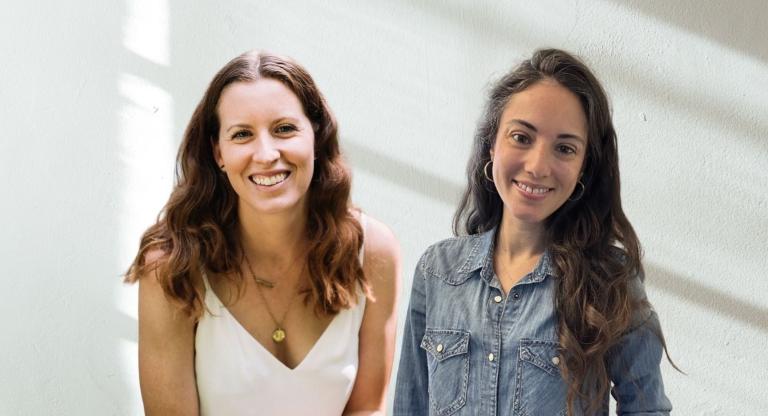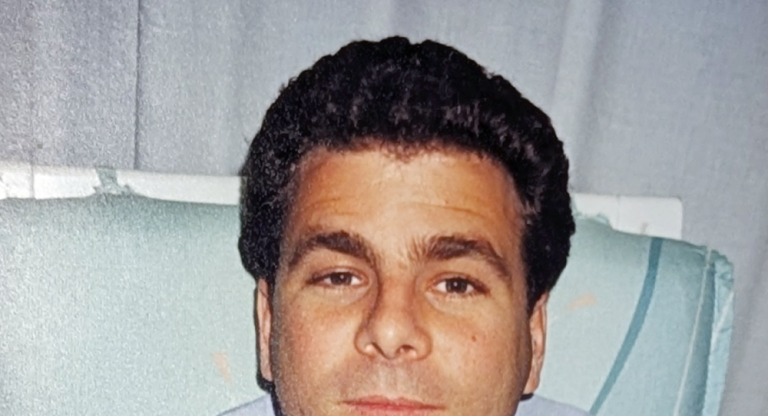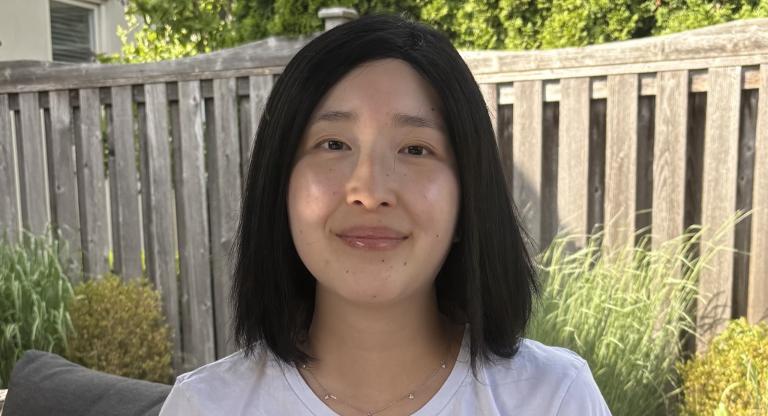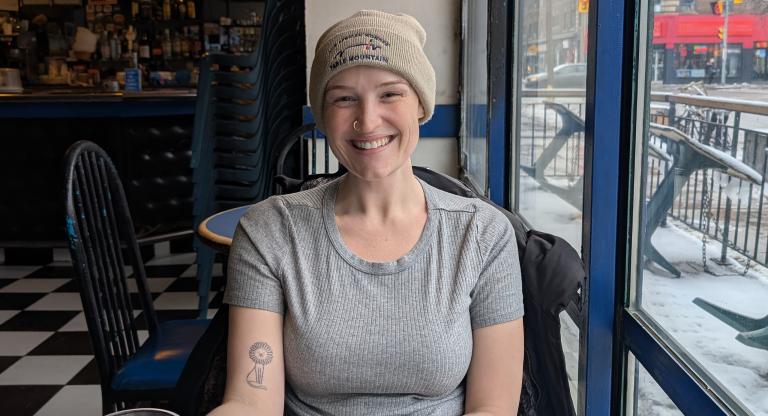Navigating the unexpected: Dallas's diabetes journey

The last thing Dallas wanted to believe was that there was something seriously wrong.
Over the past six months, the 21-year-old University of Toronto student had been experiencing a host of perplexing symptoms that included unexplained weight loss, intense thirst and a burning pain that spread up his limbs. It was baffling for a young man who had always been the picture of health.
Finally, at the insistence of his worried mom back home in the United States, Dallas went to the campus clinic for bloodwork. He was diagnosed with Type 1 diabetes, an autoimmune disease that disrupts the body's ability to produce insulin, a hormone essential for regulating blood sugar. While it is often misconceived as a condition only affecting individuals with certain lifestyles, Type 1 diabetes can strike anyone at any age. Those diagnosed must manage their blood sugar levels through daily insulin injections and constant monitoring.
When his mysterious illness was revealed, Dallas remembers that it felt like a slap in the face. "I've always been super athletic and healthy," explains Dallas. "I'm into holistic methods of health and know a lot about nutrition. This diagnosis came as a complete shock."
Prior to the discovery of insulin in 1921, diabetes was essentially a death sentence, with no effective treatments available. While still serious, the disease is now manageable for patients, allowing millions to lead healthier lives through medication and lifestyle adjustments.
Understanding the nuances of diabetes and helping patients cope with the emotional and physical challenges it poses are at the core of the work done by Dr. Bruce Perkins, a clinician-scientist at Sinai Health’s Lunenfeld-Tanenbaum Research Institute and Director of the Leadership Sinai Centre for Diabetes.
Sinai Health is a global leader of diabetes care and research, spearheading many of the most important discoveries in diabetes research since insulin. Our talented team includes some of the field’s most recognized names - like Dr. Daniel Drucker, whose fundamental investigation of gut hormones almost single-handedly led to two new classes of drugs for diabetes.
Dallas recalls how the first thing Dr. Perkins did when they met was ask him how he was really feeling. "He told me how surprised he was by how calm I seemed. My blood sugar was the highest he had seen in his career and I must be in a lot of pain," says Dallas. "I guess I had been trying to ignore how severe the pain was for a long time."
In addition to Dr. Perkins, Dallas connected with Barbara Cleave, a Clinical Nurse Specialist and Certified Diabetes Educator, who eased his transition into a world of unfamiliar terminology and new routines. She offered practical advice and provided guidance on how to administer insulin, taking the time to ensure he understood the dosages. Her approach, characterized by empathy and care, made the overwhelming situation more manageable.
Dallas has faced significant challenges as he adjusts to his new life as a diabetic, including experiencing two seizures due to hypoglycemia - a terrifying experience. But he and his family are confident that he is in the best possible hands.
In his dual role as a clinician-scientist, Dr. Perkins not only provides medical care but actively contributes to advancing health care through research, thereby offering his patients leading-edge treatments and technologies. Dallas was enrolled in a glucose monitoring technology trial that has been hugely beneficial, providing him with real-time and convenient access to his blood sugar levels for better diabetes management.
Patients like Dallas, who are far from their families, also find Dr. Perkins to be an important source of emotional support. His approach, which Dallas jokingly refers to as "diabetes dad," fosters trust and a sense of security for patients navigating the complexities of their condition.
This deeply empathetic, patient-centred approach is no accident. Like Dallas, Dr. Perkins was diagnosed with Type 1 diabetes as a young man, just finding his footing in life. He recalls the shock of diagnosis, the fear of an uncertain future. And the profound impact of his health care team in that moment to help him lead a full and happy life.
"About a month after I was diagnosed, I was supposed to go on a trip to Germany with my family. My parents were worried about me going," remembers Dallas. "Dr. Perkins told me a story about how, right after he was diagnosed, he missed out on a ski trip with his friends. He still remembers how much it upset him. He said that I was doing really well and that he trusted me to take care of myself. And he gave me the green light to go on the trip.”
Dr. Perkins’s availability, and personal anecdotes of his own journey with diabetes demonstrate a deep commitment to his patients' well-being, empowering them to manage their health with confidence.
"Even if I don't have an appointment, I can just shoot him a text if I have a question," says Dallas. "He gives me that comfort but he also makes me feel confident that I can handle this. I feel grateful."










